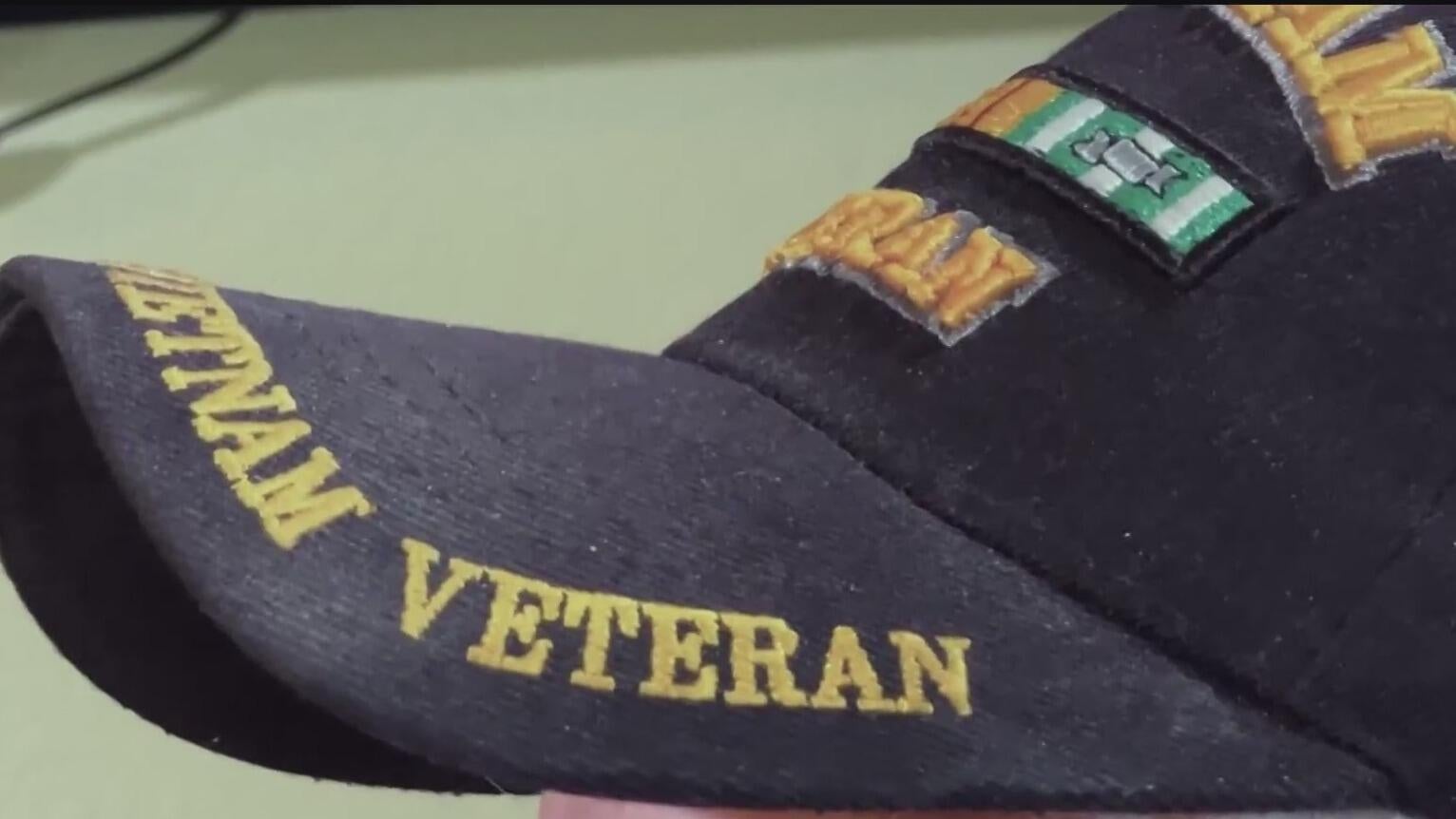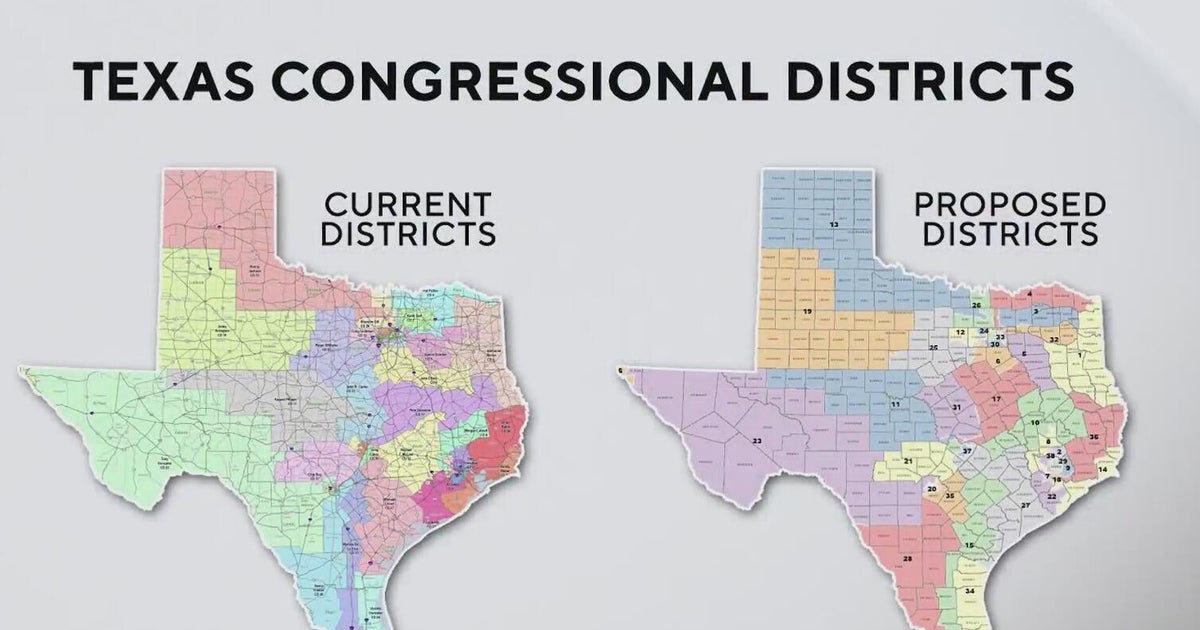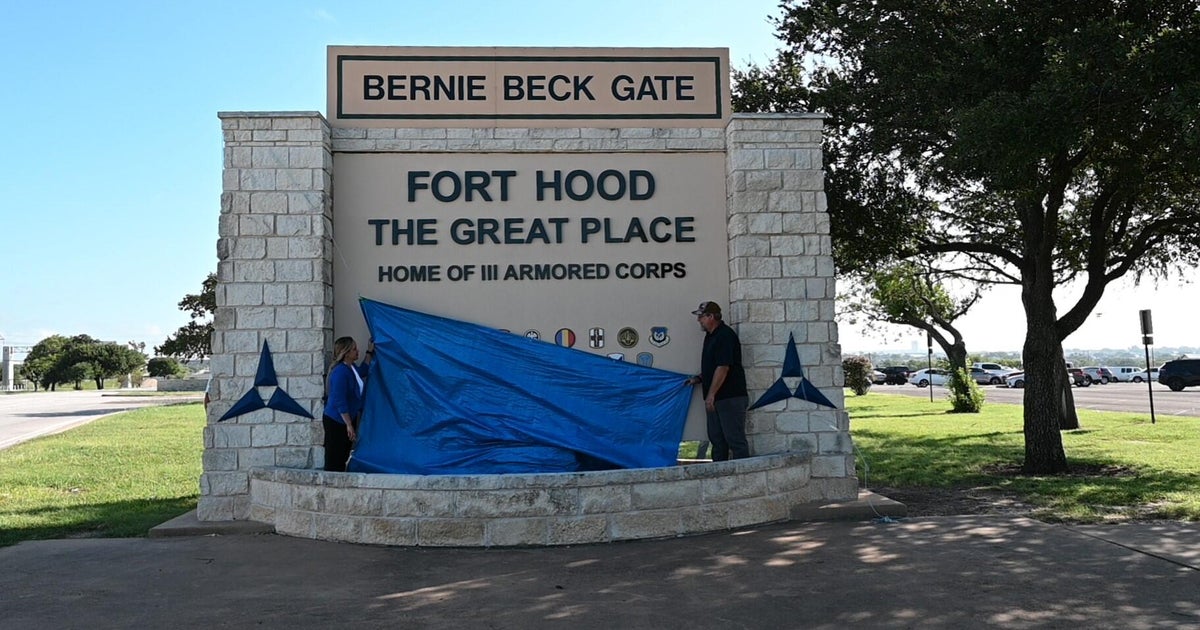North Texas military veterans face sharp cuts to VA-funded in-home care
Veterans in North Texas who depend on federal funding for in-home care are seeing major cutbacks, forcing some to give up the independence of living in their homes.
The CBS News Texas I-Team first reported in April that many veterans were receiving fewer approved hours through the Department of Veterans Affairs' . The program is designed to help veterans live independently by sending aides to assist with daily tasks such as bathing, dressing and housekeeping.
While the number of North Texas veterans enrolled in the H/HHA program has increased in recent years, the percentage of veterans who receive more than 20 hours per week of in-home care has steadily gone down in the past year, according to an analysis of data provided by the VA. Veterans enrolled in the program who receive more than 20 hours a week of in-home care has dropped from 37% in June of 2024 to 11% in June 2025.
A VA spokesperson told the I-Team there had been some confusion about the scope of the program. To fix that, the VA North Texas Health Care System recently rolled out a new system to make sure hours are being approved consistently and correctly.
Forced to leave home
One of the veterans affected is an 80-year-old Marine veteran from Denton who is suffering from cancer linked to exposure to Agent Orange during the Vietnam War. He asked not to be identified out of fear of retaliation. The VA determined his was 100%, which represents how the disability impacts overall health and ability to function. The rating also determines what level of benefits veterans are eligible for.
The Marine veteran had been receiving 37 hours of in-home care each week. The support allowed him and his wife, who has Alzheimer's disease, to remain in their home.
But last summer, without warning, the VA cut his in-home care to 13 hours per week. With less help, the veteran said he had no choice but to move into assisted living.
"I can't take care of my wife because I can't get help for me," he said, holding back tears. "That's what's hurtful about it."
Nagraj Venkataraman, owner of BrightStar Care of Denton, a home health care agency, said all his veteran clients in the program — more than a dozen — have seen similar cuts.
"If there is one segment of the population that needs help, it's our veterans," he said. "It's our duty to give back to them. That shouldn't be a cliché. It should be real."
From 24/7 care to 50 hours per week
Marine veteran James Carey of Heath, Texas, also knows firsthand how devastating the cuts can be. Fifteen years ago, a training accident at Camp Pendleton left him with a traumatic brain injury. Now 38, Carey is blind, unable to move his body and suffers from dementia.
Until this year, Carey had been receiving care from the VA around the clock. But in January, the VA reduced it to 16 hours per week. After multiple appeals, his hours were raised to 50 — still far less than what he had been receiving.
His mother, Kim Carey, has been his primary caregiver. But she said she can't do it alone.
"Why do we have to keep paying that price every day?" she said. "Why do we have to beg the VA to give him the benefits he earned?"
VA offers other care options
The VA insists that no national policy has changed. In a statement, the VA told the I-Team there was some confusion about what the program was supposed to cover, stating the H/HHA is "not meant for housekeeping or 24/7 care."
But the as one of the services the program can provide — and does not mention any limits on hours.
The VA North Texas Health Care System provided H/HHA services to 7,939 veterans in 2024 and 8,196 so far in 2025.
The VA also pointed to other services available to veterans, including the Caregiver Support Program, medical foster homes and nursing homes.




